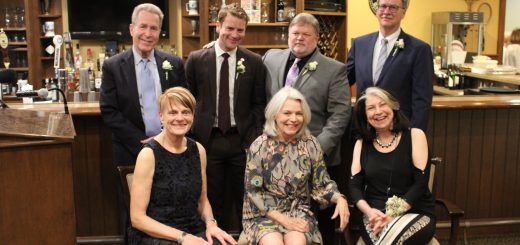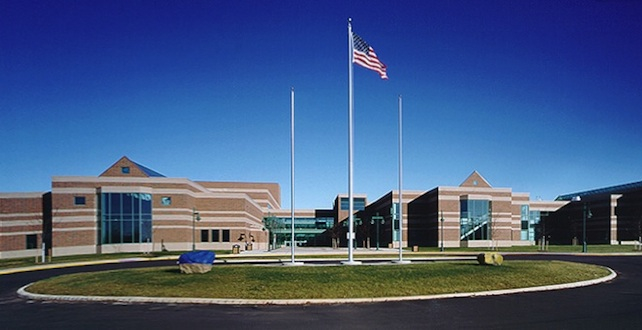1938 editorial decries segregation in Wooster
Editorials have always been a staple of The Wooster Blade. Over time, our views have evolved. Oftentimes, the voices of students have catalyzed community change. The following editorial from 1938 exemplifies such efforts. Please note that we have modified the use of a term that has since become considered offensive to use in our modern society.
...It was found that there is only one eating establishment in town which will serve [African-Americans] and that none of the hotels would keep [African-Americans] over night. It was also discovered that [an African-American] may not get a haircut during business hours but must wait until the shop is closed to other trade.
These revelations were startling to many. Rev. Thompson [of the Second Baptist Church] pointed out that most of the trouble lies in the fact that some [African-Americans] are undesirable (as are some from any other race) but that all the [African-Americans] of Wooster were of such high caliber that they should be given equal rights.
It was found that most of the trouble lies with the opinions of the adults for most of the younger generation think nothing of association with [African-Americans]. Our schools have become very liberal and there is no distinction made at all due to color. Our [black] students may use the gym, pool, locker rooms, or belong to any of the school clubs...
Naturally it will take considerable time to change the public opinion but it is hoped that the service clubs will back it and that future Hi-Y clubs will continue working on it.
The student body as a whole can contribute greatly to the success of this project by simply presenting the facts to their parents and convincing them that our policy of equal acceptance of other races is all right. Wooster is one of the nicest communities that your editor knows of. We have an intelligent group of citizens who should not allow ancient conventions to rule modern life. Our city is often host to visiting delegations and how nice it would be to prove to them that we are an advanced group and that we have dropped our old ideas.
It is up to youth to abolish this problem.





